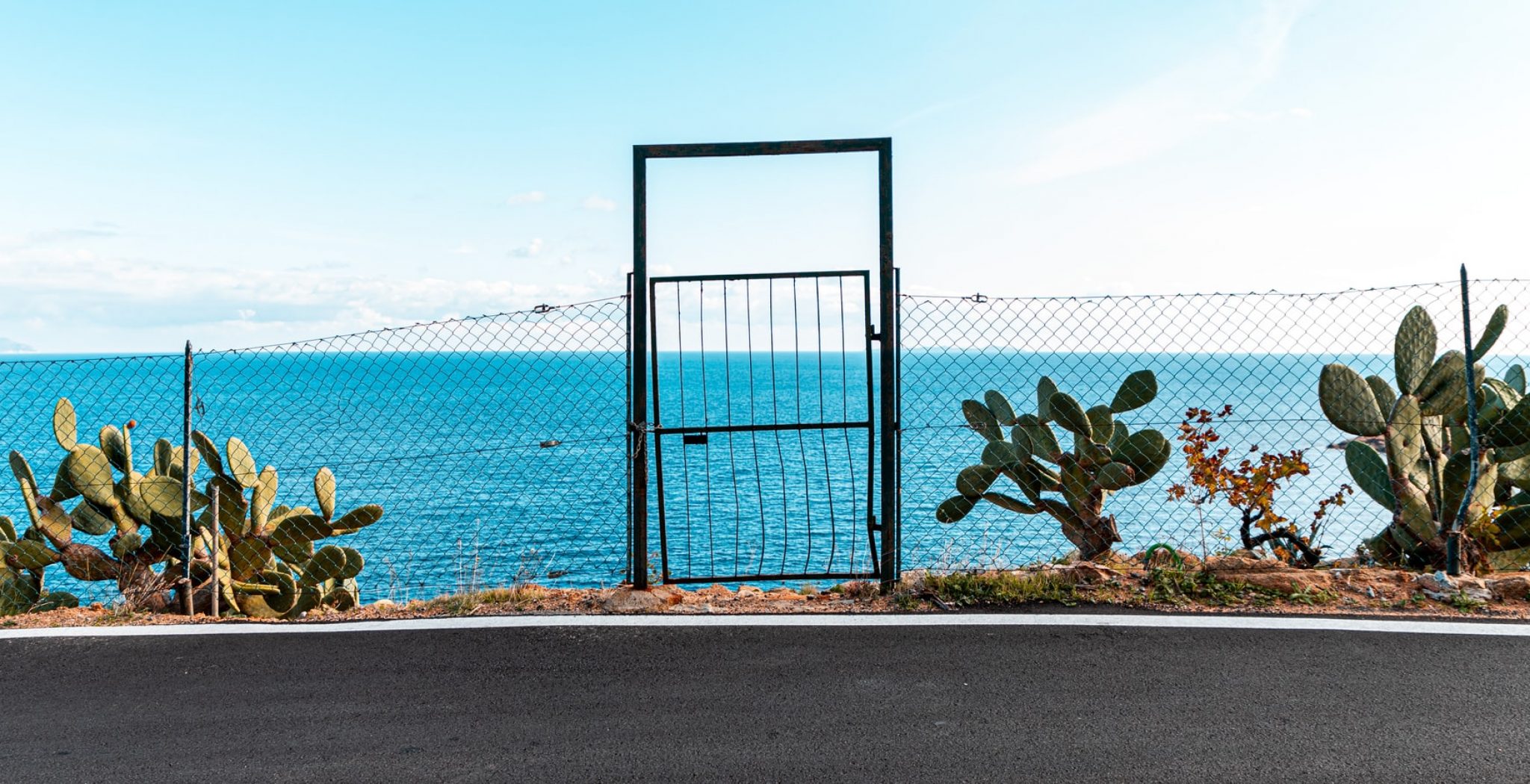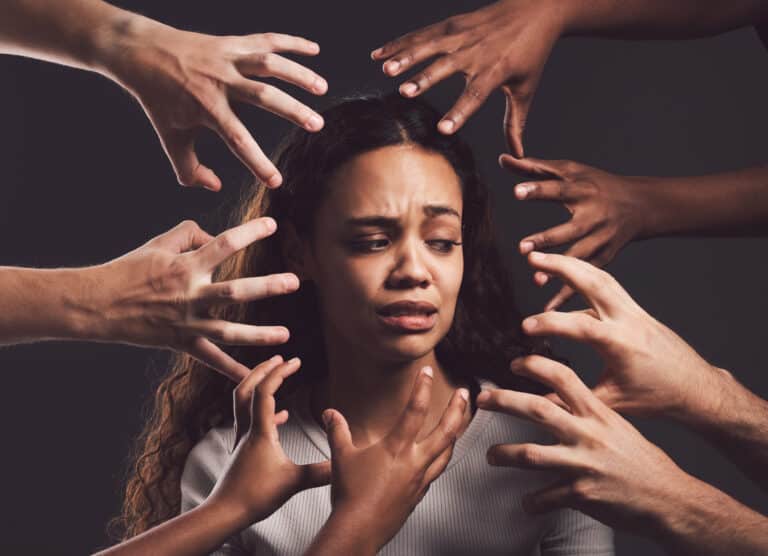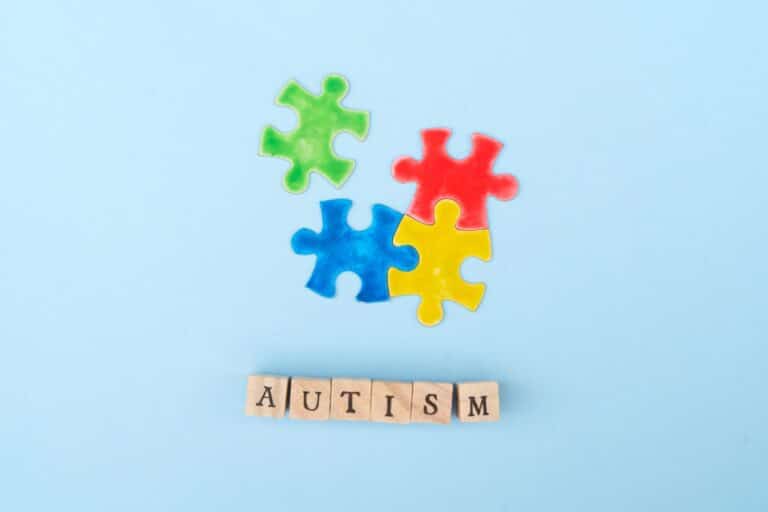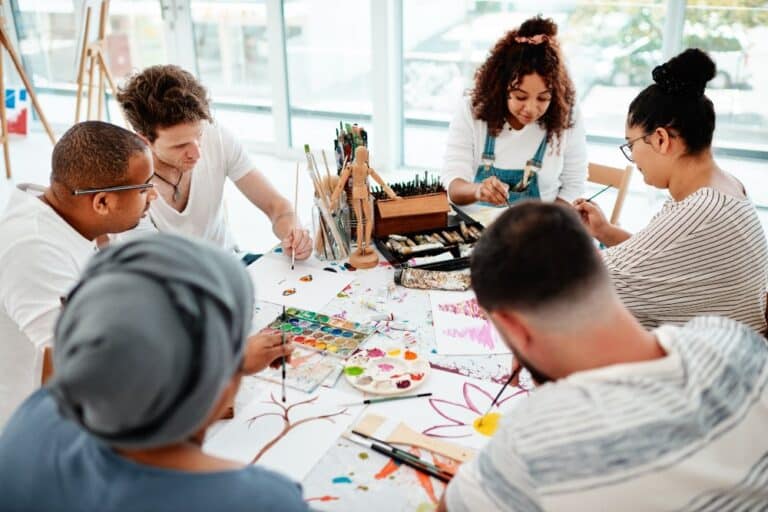You’ve probably heard the term “gateway drugs.” It’s a controversial term, having been around for more than forty years.
People who are pro-gateway drug hypothesis say that “less harmful” drugs make it more likely for people to get into harder drugs; people who are anti-gateway drug hypothesis believe that this is a reductive way of thinking.
But if you ask someone who actually does drugs, they’ll most likely reveal the truth. While not everyone who gets into less-serious drugs winds up on hard drugs, almost everyone who gets into hard drugs tries less-serious drugs first.
This article will walk you through all you need to know about gateway drugs.
What is a Gateway Drug?
A gateway drug is any drug that’s not so harmful on its own, and whose main harm lies in its proximity to other drugs. Gateway drugs are drugs that open up the door to drug abuse for people who might not have discovered it otherwise. While the habit of using the drug isn’t destructive in itself, it sows the seeds of later addiction.
You can consider a gateway drug like a malicious version of a hobby. While yes, not everyone who collects comic books will go on to open their own comic book store, you can bet that every comic book store owner has a comic book collection.
A drug that helps people get into other drugs — that’s the closest thing you’re going to get to a gateway drug definition.
Is Marijuana a Gateway Drug?
The world is discovering more and more health benefits for CBD. Marijuana is becoming increasingly more and more normalized in our culture, with many celebrities endorsing the drug. However, this is masking some of marijuana’s deleterious effects.
While yes, the facts have proved that marijuana — in certain doses — can heal certain things, that’s not the whole story.
Marijuana is often the first drug that people try. In many states it’s still illegal; this means people getting into marijuana get used to going through the steps of obtaining illegal drugs. They start meeting drug dealers, contacts and gain new friends based on their new marijuana smoking habit.
Drug dealers at the end of the day are salesmen. They’re going to try to upsell any of their customers on other products that they have. If they’re selling you Marijuana, what’s going to stop you from offering you some cocaine? — why not ecstasy while you’re at it?
Hey man, that Marijuana is great for relaxing you, but if you want to party, you’ve got to try some of this.
They might even give you some drugs for free — as a sample — to get you hooked. Not all drug dealers are this malicious, but in the world of drugs, you can’t take any chances. What does it matter if only one in ten drug dealers use this tactic if you or a loved one winds up that unlucky one out of ten?
Marijuana can be used safely and responsibly — just like alcohol. However, unlike alcohol, a person’s first exposure to marijuana will most likely not be sitting around a table with their family; it’ll most likely be covert, snuck around a back alley with a new — and possibly the wrong — crowd. This is no responsible way to get yourself into a dangerous substance.
Gateway Drugs List
If you understand the definition, but find yourself asking — what are gateway drugs? — we’ll provide you with a helpful list. Keep in mind, however, that any minorly intoxicating substance can be used as a gateway drug.
Alcohol
The human race has a tough relationship with Alcohol. It’s been around practically as long as humanity itself, and its use is sanctified in almost every single religion — wine is even a key part of Sunday catholic services.
However, it’s the devil incarnate to some people, trapping some in the chains of addiction, and leading others down a spiral into harder drugs.
While using alcohol in moderation is almost always safe, abusing alcohol can get someone hooked on the feeling of losing their conscience. This can lead them to seek out harder drugs to explore this experience they had further, which spirals into addiction. The person may end up hooked on alcohol and harder drugs at the same time.
An important note: while alcohol is socially acceptable in certain doses, and not considered a “hard drug” a culture of binge drinking has developed. Bing drinking transforms the effects of this normally innocent drug into something much more heavy and malicious. Due to the effects of binge drinking, many people wind up losing brain cells, doing things they regret, and harming themselves.
Nicotine
Nicotine doesn’t cause psychoactive effects the way alcohol and marijuana do. If someone uses an excessive amount of cigarettes, e-cigarettes, or vapes, they won’t start stumbling around like they don’t know where they are. However, nicotine is still a gateway drug.
While nicotine doesn’t act the same way other drugs do, it’s extremely addictive and habit-forming. Whereas a drug like caffeine has developed a culture of morning use for a boost of energy, nicotine has developed a culture of “cooling off”. People regularly slip outside of work, games, or everyday life to take a cigarette break, due to their addiction making them crave it.
Trapping yourself in the cycle of addiction and satisfaction is not a great way to live your life. It is a great way to develop habits that form into larger drug issues.
Marijuana
Everything that needs to be said about Marijuana has already been covered above. Marijuana opens up the door for many people to try harder drugs. Browse any internet drug forum; the one constant you’ll see among most people who have done drugs is marijuana.
Gateway Drugs
While the subject of gateway drugs is controversial, it needs to be addressed. People — even people in the hardest neighborhoods — generally don’t wake up one day and decide that they want to smoke crack, or shoot heroin. They usually start with more “casual” drugs, like alcohol, marijuana, and nicotine, and work their way up. For more information, contact us today.






